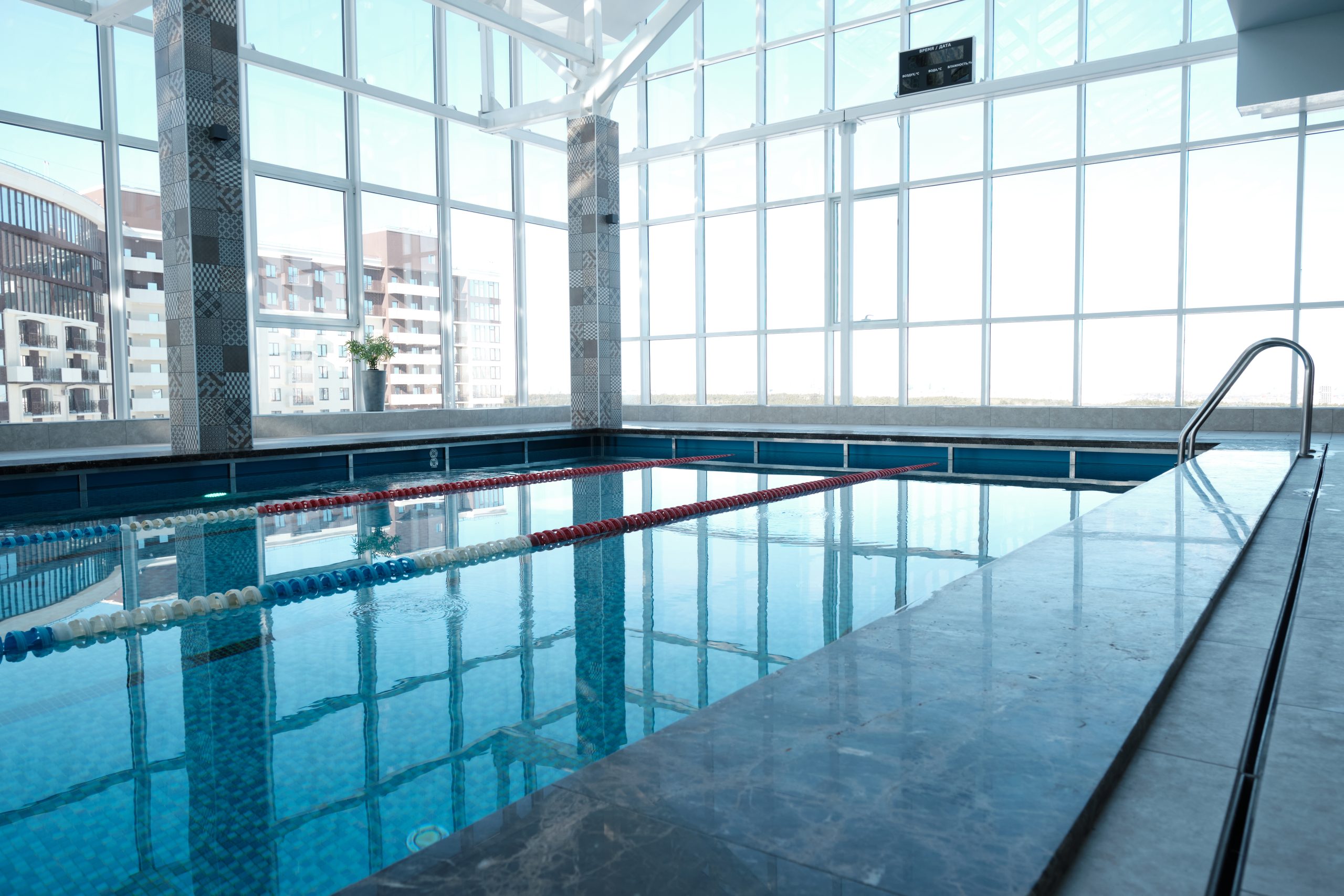Understanding Your Pool’s Lifecycle: When to Repair or Replace It
The swimming pool is a symbol of summer joy, relaxation, and family fun. It’s where memories are made, from children’s first swims to summer night barbecues. Yet, like all good things, pools have a life cycle. Understanding your pool’s lifecycle is essential for every pool owner in order to ensure the safety and quality of the water. But when is a repair sufficient and how till you know when it’s time to replace your pool?
Understanding Pool Components and Their Lifespans
Every swimming pool, whether it’s an opulent infinity pool or a modest backyard oasis, has its lifespan. Various components like the pool liner, filtration system, and even the pool shell can show signs of wear and tear. Recognizing these signs is pivotal in deciding whether a simple repair will suffice or if it’s time for a complete replacement.
Pool Liners
Often the first component to show signs of aging, pool liners can become brittle, fade, or even start to tear.
Filtration Systems
An efficient pool isn’t just about clear water; it’s about clean water. A compromised filtration system can be a breeding ground for bacteria and algae.
Pool Shell
Cracks, stains, and surface roughness are tell-tale signs that your pool shell might need attention.
Factors Influencing Your Pool’s Lifespan
Every pool is unique, and several factors can either extend or shorten its life cycle:
Maintenance Routine
Regular cleaning, balancing the water chemistry, and inspecting for damages can significantly extend the life of your pool. For this reason, we recommend routine maintenance and inspection.
Usage
A frequently used pool might wear out quicker than one that sees occasional use. If your pool sees a lot of activity, it’s going to need more maintenance.
Weather
Pools in areas with harsh winters or intense sunlight might need more frequent repairs. Does your location receive a lot of heavy rain? That means water chemistry may be a frequent concern for you.
Signs That Your Pool Needs Repair
If you notice any of these symptoms, it might be time to call in the professionals for repair:
- Fading or stained pool liners
- Persistent algae growth despite regular cleaning
- Water loss more than the usual evaporation rate
- Malfunctioning filtration system
When Replacement is the Better Option
Sometimes, repairs might be like putting a band-aid on a gaping wound. Here are scenarios where replacing components or even the entire pool might be the better option:
Aging Pool
If your pool is over 20 years old, it might be more cost-effective to replace components and surfaces rather than continually repair it.
Frequent Repairs
Like an old car that spends more time at the mechanic than on the road, a pool needing frequent fixes might be signaling it’s time for a replacement.
Updated Safety Standards
Pool safety standards evolve. If your pool isn’t up to the current standards, consider an upgrade. Consult with your pool professional to see how your swimming pool stacks up.
Cost Implications: Repair Vs. Replacement
Weighing the cost of repairs against a replacement can be tricky. Here are some insights to consider given your pool’s lifecycle:
Short-Term Vs. Long-Term
While repairs might be cheaper now, think about the long-term costs. Sometimes, replacing now can save money in the long run.
Energy Efficiency
Newer pools and components are often more energy-efficient, leading to savings on utility bills. If your 20+-year-old pool consumes a ton of electricity, it may be time to replace it.
Environmental Considerations
Beyond the cost, it’s important to consider the environmental footprint:
Water Usage
Older pools might need more water due to leaks or inefficient systems. Upon inspection, a pool professional will be able to indicate any leaks or faulty systems.
Chemicals
Newer pools might require fewer chemicals, leading to less environmental impact.
Enhancing A Pool’s Lifespan: Maintenance Tips
Your pool can last longer with some regular maintenance including:
- Regular cleaning
- Balancing water chemistry
- Winterizing if you live in colder regions
- Protecting against harsh sunlight with pool covers
Consulting with Professionals
Whether you’re contemplating repairs or a full-scale replacement, always seek advice from professionals. They can provide insights based on your unique situation and the latest industry standards. As opposed to most DIY fixes, they will get the job done right the first time. This leads us to our final point:
Choose Pool Operation Management to Extend Your Pool’s Lifecycle
Understanding your pool’s lifecycle is more than just about ensuring fun and relaxation; it’s about safety, quality, and the value of your investment. While regular attention and maintenance play a pivotal role, the real game-changer is partnering with a trusted expert. Pool Operation Management has over 40 years of experience in pool repairs and maintenance. By choosing our team of experts, you’re not only ensuring the longevity of your pool but also its optimum performance throughout its lifecycle. Remember, a swimming pool is more than just a water-filled structure; it’s where memories are made and health benefits are reaped. Ensure it’s in the best hands with Pool Operation Management. Reach out today to get started.







